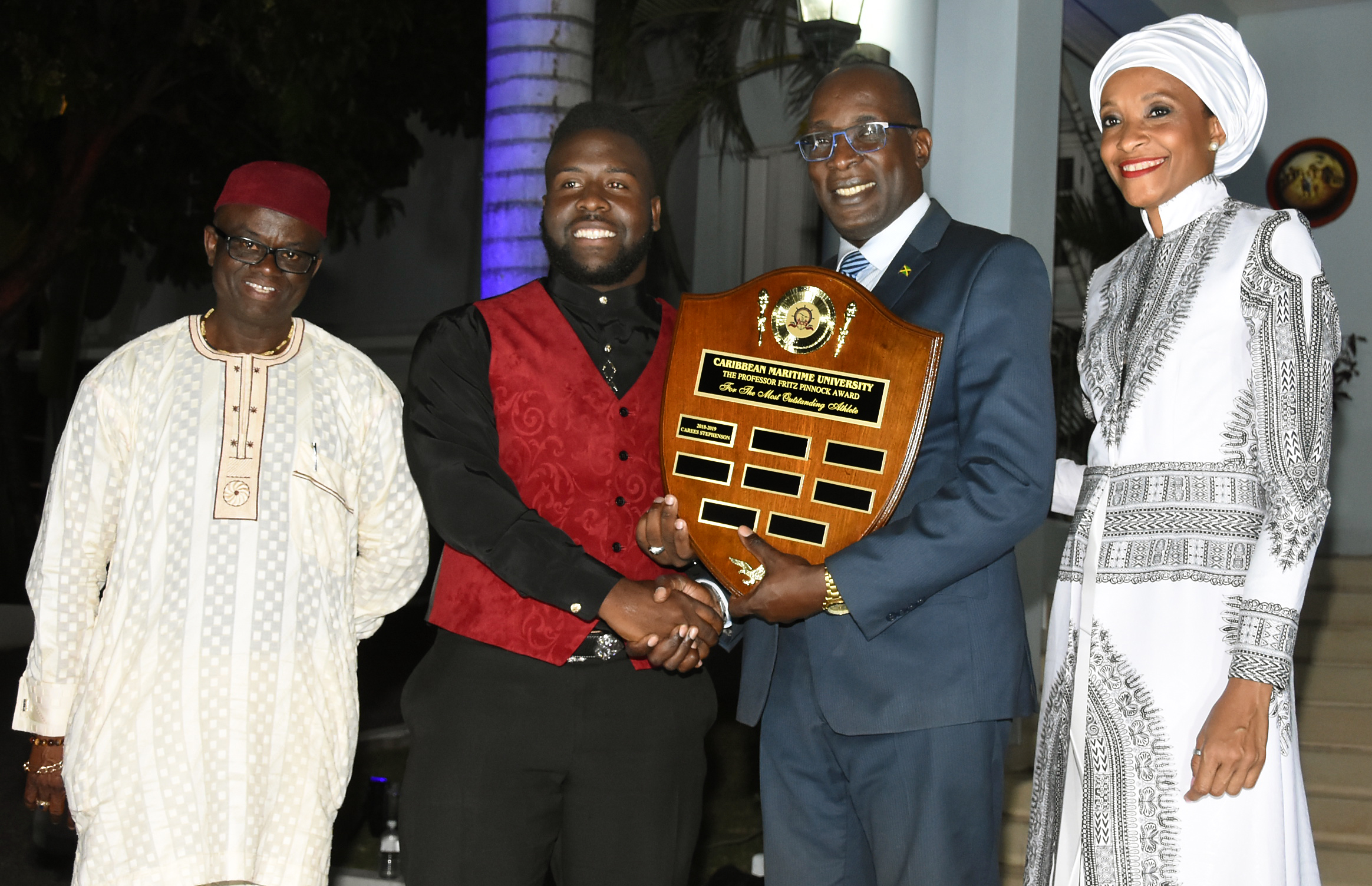Implications of the US Withdrawal from the INF Treaty: Is Arms Control Dead?
The February 1 announcement by United Sates’ Secretary of State, Mike Pompeo, that the U.S. would suspend its compliance with its obligations under the Intermediate Range Nuclear Forces Treaty (INF) because of Russian violations brought echoes of a similar announcement almost twelve years ago. On July 14, 2007, it was the Government of the Russian Federation that declared its intention to suspend its participation in the Conventional Armed Forces in Europe Treaty (CFE), citing violations by the U.S. and its NATO partners and their refusal to ratify the Adapted CFE. One month before, at an Extraordinary Conference on the CFE at the Hofburg Imperial Palace in Vienna, Austria, the meeting place of the Organization for Security and Cooperation in Europe (OSCE), then, Russian Deputy Foreign Minister, Alexander Grushko had warned the gathered diplomats that the CFE Treaty was growing increasingly out of step with military-political realities which threatened its demise. Six months later, Russia halted its compliance with the CFE, and, in 2015, permanently ceased participation in the landmark arms control agreement.
The fate of these two Treaties, which was preceded by U.S. withdrawal from the Anti-Ballistic Nuclear Treaty in 2002, does not bode well for the future of the new Strategic Arms Reduction Treaty (START), signed in 2010, and which limits strategic nuclear weapons. Nor does it offer any optimism for the future of arms control in general. Rather, arms control seems to be on a precipitous trajectory that is being driven as much by geopolitical developments as technological advancements that have blurred the lines between conventional and nuclear weapons, threatening the start of a new arms race.
Signed during the waning years of the Cold War—the INF, in 1987 and the CFE, in 1990—the two Treaties have been referred to as the “Cornerstone of European Security”, reflecting the contributions of both instruments to security and stability in the Euro-Atlantic sphere. Both Treaties, in effect, limit military armaments on the European continent, thus, reducing the possibility of large-scale military conflicts. While the INF Treaty constrains the deployment of short and intermediate-range, nuclear and conventional ballistic and cruise missiles that are land-based,[1]the CFE Treaty addresses conventional armed forces.
The INF Treaty was agreed upon in 1987 by then U.S. President Ronald Reagan and the then President of the former Soviet Union, Mikhail Gorbachev. It prohibits the deployment of “land-based” missiles of 500 and 5,500 kilometres in Europe, (but not air and sea-based missiles) on the parts of the Russian Federation and the United States. Since coming into force, it has seen the reduction of 2,692 short and intermediate range ballistic missiles that are ground based. [2]
Signed between the former Warsaw Pact countries and members of the North Atlantic Treaty Organisation (NATO), the original CFE Treaty came into force in 1990. The Treaty reduced conventional armed forces, both personnel and certain categories of military weapons on the European Continent. In effect, the Treaty and saw the destruction of more than 70,000 pieces of Treaty-limited equipment, eliminated excess war-making capacity in Europe, and established a military parity between the two blocks. By restricting the movement of arms and personnel in specific geographic locations, the CFE prevented destabilizing build ups that could lead to surprise, military attacks in Europe.
When Russia announced its withdrawal from the CFE in 2007, NATO’s membership had expanded from the sixteen that signed the original CFE to include several states from the former Soviet Block “East of Vienna”. In announcing its withdrawal from the CFE, Russia protested that: NATO member States had not ratified the Adapted-CFE(Russia had); the Baltic States, as new NATO members, had neither ratified the original CFE nor the Adapted-CFE, thus, NATO’s force ceilings exceeded the levels agreed under the CFE; and NATO’s refusal to ratify the Adapted-CFE until Russia withdrew its military presence from Georgia and Moldova represented an artificial linkage to the CFE. Russia also argued that the planned U.S. missile defense systems in Central Europe and an early warning radar for Southeastern Europe violated regional arms control norms and posed a threat to Russian security. The U.S. demurred, justifying the need for the missile defense capabilities in Europe on Iran’s advancement in developing ballistic missile capabilities.
In Russia’s present-day assessment, the increasing vulnerabilities engendered by NATO’s eastward expansion have devalued the security benefits of both the INF and the CFE given geopolitical and technological developments. Similarly, NATO’s decision to base missile defense components in Europe has been cited by Russia in its charges of Treaty violations with regards to both the CFE and the INF. While the U.S. and its NATO partners are numerically advantaged vis a vis Russia in the air and sea-based intermediate-range missiles, not barred by the INF, China, a key U.S. adversary, is not a party to the INF Treaty and has already amassed longer-range stockpiles of the missiles prohibited by the INF that have been judged to possess both nuclear and conventional capabilities. U.S. withdrawal from the INF, therefore, provides cover for Russia to scale up production and deployment of the 9M729 cruise missile, which the U.S believes to be capable of delivering both conventional and nuclear warheads and of traveling over the 500 kilometres limit set by the INF. Russia denies this is so.
Should the U.S. follow up on its withdrawal from the INF and place the treaty-prohibited weapons in Europe, Russia could reciprocate by installing such missiles at geographic proximities that would leave U.S. allies on the Continent more discomforted. Russia, could, for example use Kaliningrad, on NATO’s doorsteps, as one of its bases in response for the use of Polish territory for basing NATO missile defense components. With the Trump Administration showing no interest in further negotiations on confidence-building and verifications, and China unrestrained by the Treaty, arms control seems destined for expiration as Europe does little more than hand-wringing in response.
[1]Arms Control Association, February 2, 2019
[2]Arms Control Association, Issue Brief, Volume 11, Issue 4, February 1, 2019
Winsome Packer presently serves as Coordinator for Counter Terrorism and Nonproliferation Studies at the Caribbean Maritime University in Kingston, Jamaica.


























Recent Comments